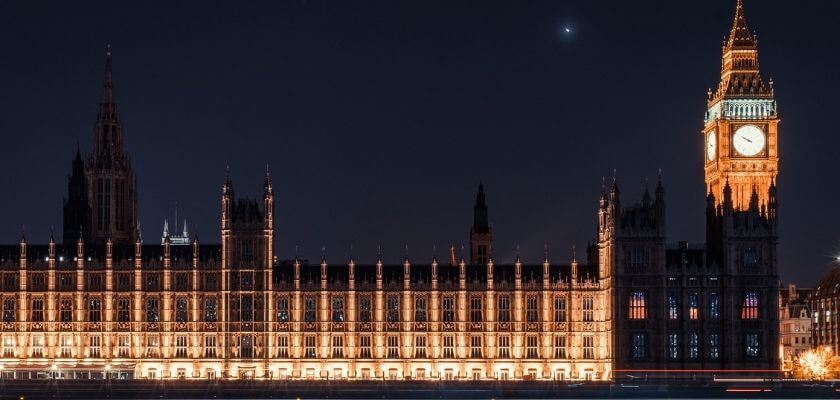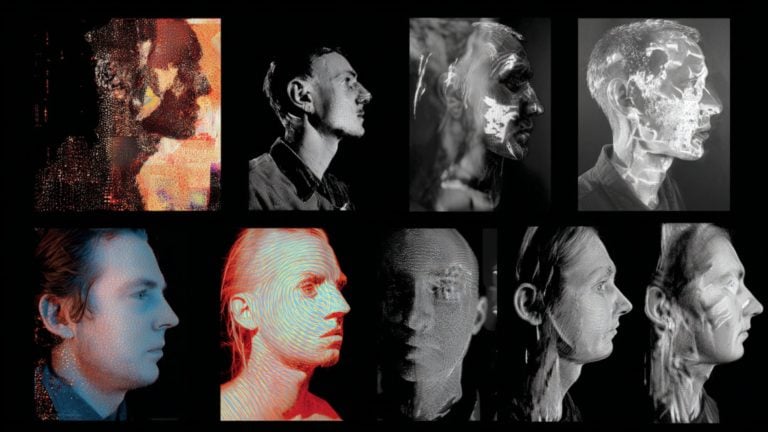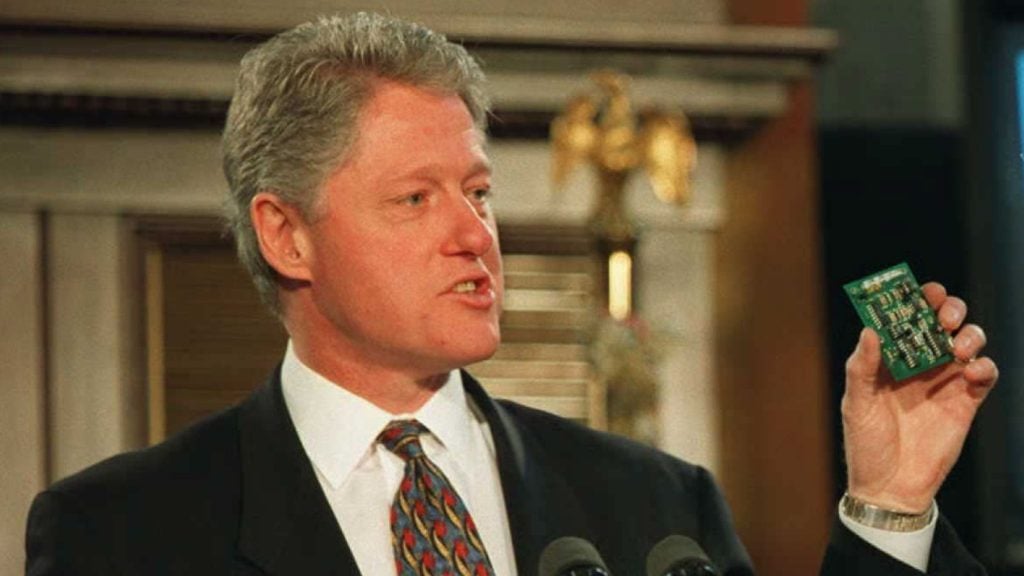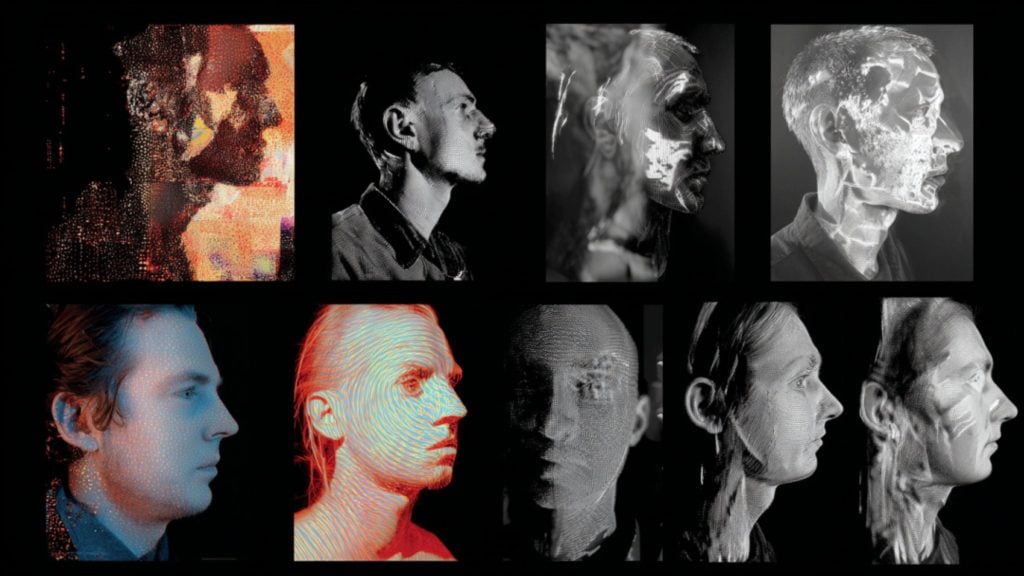A teary-eyed Teresa May today announced she was stepping down as the Conservative Party leader and the British Prime Minister, after three tumultuous years in office.
And there’s a lot to cry about. The politician, who in the past served as the UK’s Home Secretary, leaves amid the backlash from her own party over the repeated and fumbled attempts to secure support in parliament for UK’s Brexit plan.
And although the failure of her leadership on this arguably crucial issue for the country is obvious, and is the thing that led to her downfall – the disastrous handling of Brexit is by no means the only stain on May’s political legacy.
From 2016 until today, May’s government oversaw the introduction of a series of technology and privacy-related acts and regulations, invariably destined to further erode and undermine digital rights and freedoms.
Of course, it’s never easy to tell whether a politician makes such moves out of incompetence, or out of malice. Incompetence betrays a fundamental lack of understanding of technology in general and of online rights and freedoms in particular – and that’s beyond the core issue of right and wrong.
Often, politicians simply don’t understand the limitations of technology, and what can and can’t be done using it – and end up pushing for absurd solutions that have no chance of being implemented in the real world in any useful way.
There there’s malice: a politician’s intentional abuse of the internet and associated services and technologies as a powerful tool of communication, to disenfranchise their users, and control and skew the public opinion and political moods to their own advantage.
It may be too early to judge the true nature of May’s “body of work” – but it seems to contain a little of both. What’s undeniable is that the soon-to-be former Prime Minister has overseen the erosion of her nation’s online freedoms and democracy in general during her three years in office.
Here we take a look at some of the “high points” of May’s tech and online freedom policies, that have consistently earned low marks from digital and privacy advocated and activists.

The Snooper’s Charter
May began to build her negative reputation in all matters tech and privacy early in her term in office: in November 2016, the British Parliament passed the so-called Snooper’s Charter.
However, May had been working on this act for several years before, in the form of a draft she sponsored while serving as UK’s Home Secretary.
The gist of this legislation – whose official name is the Investigatory Powers Act – was to dramatically expand the powers of security agencies conducting mass electronic surveillance, and force companies in possession of private data to circumvent encryption and aid these services as they were given free hand to hack and bug people’s phones and computers, and record their communications.
To further assist the authorities in this, service providers were made legally obligated to keep personal data for a full year and make it available to the state.
Counter-terrorism was the justification behind the act, the Independent wrote at the time – but the result was the introduction of a disastrous, blanket type of surveillance of regular citizens that smacked of totalitarianism, rather than anything that could possibly pass muster in an established democracy.
What made matters worse was that the British government’s hard push towards more state surveillance came just as the world was waking up to the scale and harm of such practices, detailed in Edward Snowden’s revelations.
The Snooper’s Charter caused a public outcry and mass petitions and was eventually challenged in court. In April 2018, UK’s High Court ruled that the act violated EU law. To address this, May’s government introduced the Data Retention and Acquisition Regulations later that year – but civil and digital rights groups were unconvinced that this made any real difference.

The Porn Block
“It’s not clever, and it won’t work” is one way to describe another of May’s attempts to regulate the internet more stringently, apparently in order to make her country “the safest online place in the world” – in particular for children and teenagers.
Specifically, the goal is to prevent youths from accessing pornography online. But beyond sloganeering, the “porn ban” appears to have been so ill-thought out that the government has been finding it near impossible to implement – since 2015.
At the core of the idea is to impose mandatory age verification for all those accessing websites with adult content. And at the heart of the controversy is the way the UK government wants to go about this: by forcing porn site visitors to prove their real-life identity to the companies running them.
Under the proposal, users would have to verify their age using physical “porn passes” that they would purchase from a local store, or using their real names and credit card, passport, or driving license information.
Critics have been pointing out to privacy implications of this approach, but also that if and when the government finally implements this idea, it will either drive people to use illegal streaming and sharing services, or make them turn to VPNs – that go-to tool in any country that imposes rigid restrictions and tightly controls its digital space.

The Crackdown On The Free Speech of Comedians
It’s fair to say that Britain is world-famous for its brand of humor, so the idea of stifling a comedian’s right to free expression online seems like a double blow to the nation’s fundamental values, and assets: democracy, and comedy.
And freedom of expression should not be the privilege only of good comedians, either – because if bad jokes could land you in prison, something might be badly wrong with your democracy.
A report in 2018 by Breitbart describes the curious case of blogger Markus “Count Dankula” Meechan – who thought it was a funny idea to teach a dog do “a Hitler salute.” Meechan wanted to play off the ideological differences between his libertarian self and his more liberal girlfriend, and teach the woman’s pug to do the salute as a means of “winding her up.”
But who he managed to wind up was a judge in Scotland, who found the video that had gone viral to be “an odious criminal act that was dressed up to look like a joke” – and accompany that finding with a threat of incarceration.
The use of the country’s judicial apparatus and taxpayer money to prosecute and bring to court cases like this was seen as yet another sign of May’s times – where major issues and real threats to society go largely ignored, but tight “supervision” of acceptable behaviors is being imposed even at the cost of putting in danger such fundamental freedoms like free speech. And even at the risk of appearing ridiculous.
And as the article mentions – it’s a jolly good thing John Cleese performed his iconic Nazi goosestep in a Fawlty Towers episode when he did, and not in 2018. (And hopefully, nobody sues retroactively!)

The Crackdown on Free Speech in General
It’s 2019 now, and the swan song of Theresa May’s handiwork in this particular segment of her government’s activity may have been April’s Online Harms White Paper.
The proposed new rules put the focus on the ills of society on and offline, that pretty much everyone wants to see defeated: like terrorism and child abuse. But things get murkier under this generally indisputable veneer, possibly also indicating the true motive for drafting the paper: things such as “trolling” and “disinformation.”
Both are complex concepts that vary from context to context, and a skilled politician can easily abuse them for political gain – that has nothing to do with keeping the internet “safe and clean.”
These are also dramatically presented as vital threats – “to our way of life” – while a Reuters Institute poll is somewhat patronizingly cited to suggest citizens want the government to explain the online world to them, in terms of truths and lies – because citizens themselves, apparently, don’t trust their own judgment.
A centralized place of power in digital matters – and it being the same place that already has all the power in society – what could ever go wrong in this scenario when individual and societal rights and freedoms are concerned?
But there’s this question: if a government is worried about the dissemination of disinformation, and if a government is granted legal powers be the arbiter deciding what’s true and what’s false – what recourse will citizens have when they every once in a while elect a corrupt government?










